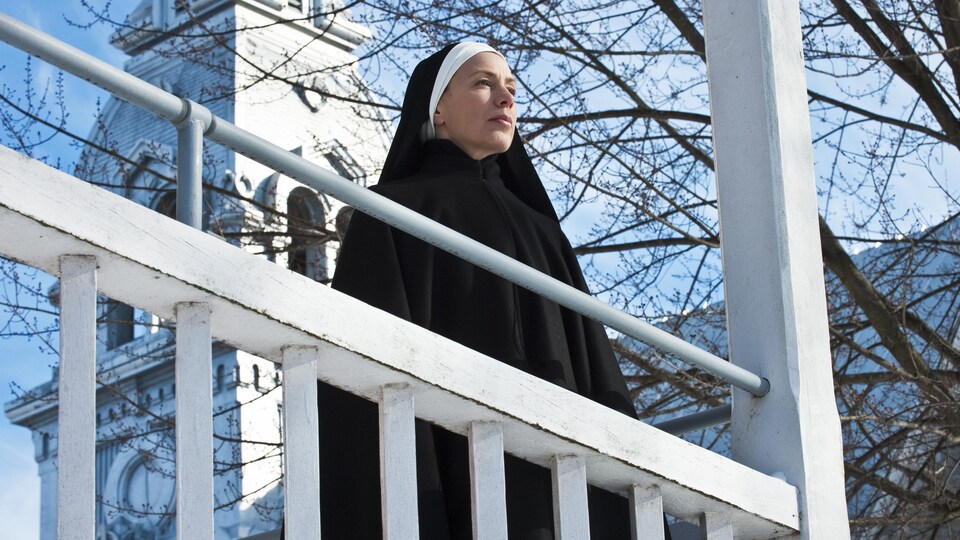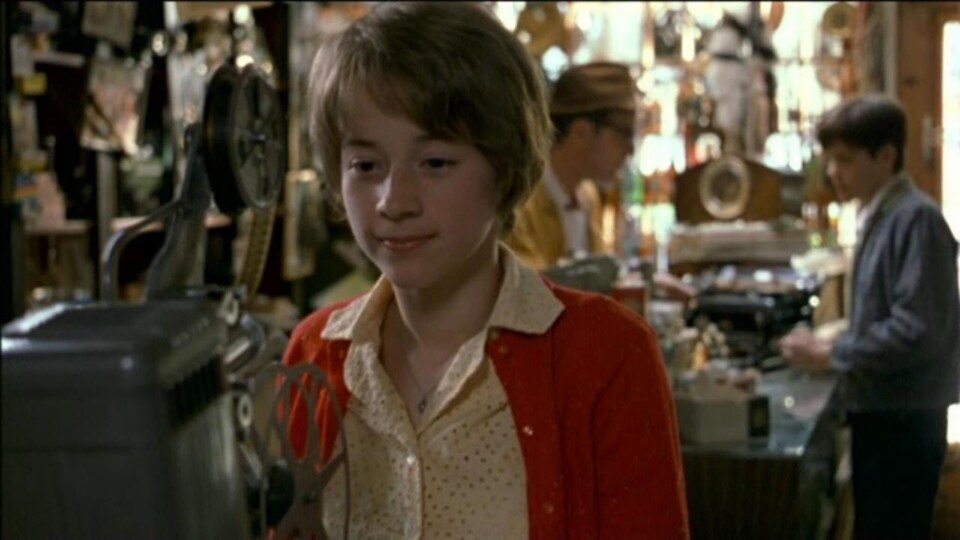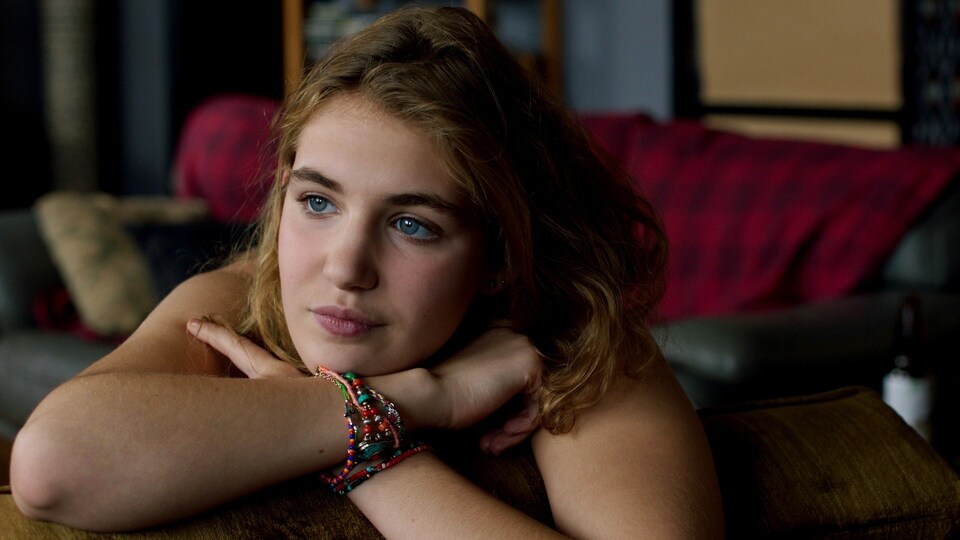From May 17 to 31, the Cinémathèque québécoise will present a retrospective of all fiction films by filmmaker Léa Pool, to whom we owe. The Passion of Augustinewith Céline Bonnier, released in 2015.
It was a great event. I’m proud of it, said Léa Pool, flattered. My documentaries are just lacking, but it’s a massive retrospective.
He will attend almost all screenings of his 13 feature films at the Cinémathèque québécoise, located in Montreal.
Thus the public will see or rediscover films such as Anne Trister (1986), The body is gone (1988), Mom at the hairdresser (2008), but also the last escape (2010), with Yves Jacques, Jacques Godin and Andrée Lachapelle, Take me (1999) with Karine Vanasse, Pascale Bussières and Nancy Huston, as well asAnd the worst, we will get married (2017), with Sophie Nélisse.
This is pretty much everything [mes] children, he said. There is no film I am ashamed to make.
His feature films are clearly based on dialogues, but not only. They are based on emotion, poetry, not saying, looks and musiche explained.
” Music has always been an important character in my films, not to emphasize [un passage]but to give another voice and bring the emotion to the right place. “
For Léa Pool, revisiting this work that has developed over the years also means revisiting her personal life as the two are interconnected. The cinema has really become a travel companion. My life as a filmmaker followed my personal life and my signs were linked to film releases or filming dates.
Every movie is a battle
At age 71, Léa Pool has devoted more than 35 years of her life to cinema and has won numerous awards. However, he had to fight to get there. Every movie is a battle. You have to want to defend it, turn on and defend again when it comes out, he explains. To have a career with a large number of films, you have to always have something to say and defend it afterwards.
” It takes a lot of willpower to make movies, but it’s a necessity for me. I will only stop when I can no longer. “
This determination should be even stronger because Léa Pool has thrived all these years in an enormous environment. For a very long time, I felt I was alone in my field. I remember going to festivals in Berlin, Venice and Sundance, and I was the only woman in the competition.
Now there are more women, and women winning awards, he added. I’m super happy to know that we’re finally getting to the possibility of having as many female directors as male directors.
childhood wounds
Born in Switzerland in 1950, Léa Pool was placed by her parents in an orphanage in the early years of her life before returning to live with them. Why? He got no answer.
” The absence of the mother and the emptiness to be filled, these are recurring themes in my work and I think it comes from this initial lack. “
The director also considers that his work was marked by the fact that his father, a Jew and Pole, was stateless because of the war. He carries his mother’s last name.
So it’s no coincidence that the filmmaker adopted his daughter, born in China and now 26 years old, whom he raised on his own. We chose each otherhe says.
Free yourself in Quebec
It was in the mid-1970s that Léa Pool left Switzerland to study in Quebec and become a director there. If I stayed in Switzerland, would I have a career in cinema? I’m not sure.
When he came to Quebec, he felt that he could recreate himself there, because no one knew him in the province. It gives freedom. We can no longer believe in everything possible than when we hang out [derrière soi] all his past, his family …
He now regrets this impression of total freedom, that the creation of a film was inspired not by concern for the receipts that would generate it, but by the need to express itself. When you are a young director, you are allowed to enter into a kind of freedom. Then, in order to develop your job and survive from your job, you need to be fairly profitable.
To survive from this profession, we still make concessions, he continues. We go before committees, we have to rewrite [des scénarios]we somewhat examine ourselves.
Now, Léa Pool feels she has delivered most of what she has to say to the public. I no longer want to go to the conspiracy of creatures, unity he says.
Ongoing adaptation of an Icelandic novel
His next feature film is in this direction. This is an adaptation of the novel goldmeaning scar in Icelandic, written by Icelandic Auður Ava Ólafsdóttir.
The story takes place in a country that has just gone through a war, without being located in a particular territory and yielding to a particular war. It speaks about the rebuilding of this country, but also of an individual.
This is the suffering of a man who came from Quebec and a man, and this is how the two sufferings work together with each other to regenerate.summarizes Léa Pool.
It talks about all the wars, the ones that have taken place and the ones that are to come.
The director began work on this film, which aimed to be hopeful, three years ago, before the war in Ukraine, which should influence the interpretation of actors and actresses, but also influence the making of the film.
It might change my representation of war and prevent me from being a cliché.
The shooting of this fourteenth fiction film by Léa Pool is due to take place this fall and this winter in the south of France, near the Spanish border.
The retrospective program Léa Pool: moving figures can be viewed on the website of the Cinémathèque québécoise (New window).
This text was written froman interview broadcast on the show Penelope and an interview with Catherine Richer, cultural columnist on the show 15-18. Comments may have been edited for clarity or brevity.
Source: Radio-Canada


